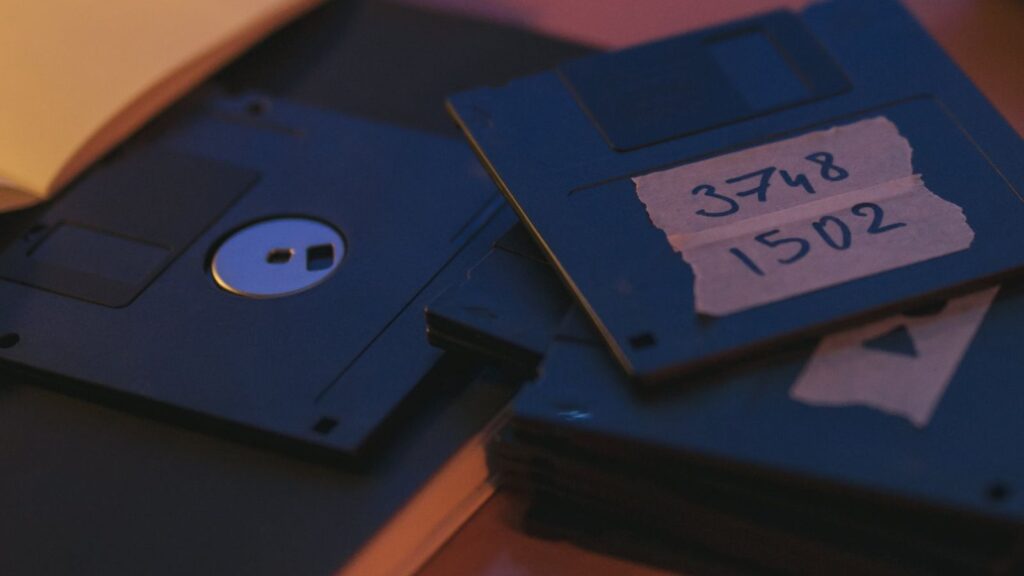Japan’s government has finally removed ordinances requiring citizens and businesses to submit digital documents using floppy discs.
If you think of Japan as being all high-tech futuristic cities, you might be in for a shock to learn that until recently, citizens were mandated to submit some digital documents on floppy disks and CD-ROMs, but that is no longer the case.
The country’s Ministry of Economy, Trade and Industry put out an announcement last week, finally removing the need to submit digital documents using physical media. Taro Kano, Japan’s Minister for Digital Transformation, announced his “war on floppy disks” in August 2022, ARS Technica reported at the time. Until the law changed last week, nearly 2,000 government procedures required citizens and businesses to use floppy disks, CDs and Minidisks for document submission.
The announcement from the ministry says that it changed 34 ordinances so that it eliminates the requirements of floppy disks. Some of these ordinances were related to quarrying, energy, and weapons manufacturing regulations.
The first floppy disks were sold by IBM in 1971 and it was a revolutionary technology at the time. Floppy disks made it popular to easily load software and updates onto the massive mainframe computers used at the time, and it easily became the most widely used storage medium. But the floppy disks of the time were massive — they measured about 20 centimetres across.
IBM introduced the high-density floppy disk for the PC in 1984 and it could hold 1.2 megabytes of data, which was a lot for the time. It was only two years later, in 1986, that the company introduced the 3.5-inch floppy form factor that usually comes to mind when someone says “floppy disk.”
A single image you take on your phone today could easily overwhelm the 1.44 megabyte-capacity of the 3.5-inch floppy disk. As the rewritable CD was introduced in the 1990s, the floppy disk slowly fell out of favour until it was all but obsolete in the 2010s. But even today, they are not completely obsolete because many industries — like medicine, aviation, textiles, and plastic molding manufacturing —- sometimes still rely on them because of legacy systems that still use the technology.
But Japan was an outlier because a large part of the entire country still uses floppy disks, largely due to the public sector. It is not uncommon for cutting-edge business laptops to still have a floppy disk drive and CD/DVD drive. Perhaps that will eventually become a thing of the past as well since the country woke up to the new millennium around two decades later.
Credit: indianexpress.com

